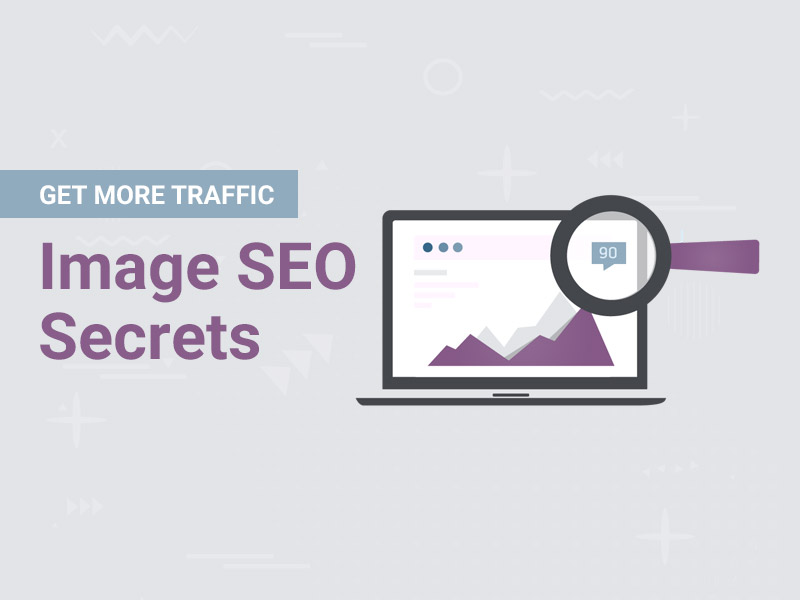There are millions of websites available on the internet to compete for attention. Everyone wants to get traffic on their business website and get good business. If you want organic traffic on your business websites, You have to do SEO for your website. If you don’t know what SEO is and how it works. We have explained all of the major things of SEO.
In this blog, we delve into the importance of SEO and provide actionable steps to get the power of Organic Traffic.
Why Does SEO Important?
1. Visibility and Traffic Generation:
Imagine having a beautifully crafted website or an amazing product, but it remains buried under heaps of search engine results. SEO ensures your website ranks higher on search engine result pages (SERPs), thereby increasing visibility and driving organic traffic to your website.
2. Credibility and Trust:
Users tend to trust search engines. A high-ranking position implies credibility and authority in the eyes of the audience. By optimizing your website for search engines, you build trust and credibility and a positive reputation among your target audience.
3. Enhanced User Experience:
SEO isn’t just about keywords and backlinks; it’s also about providing a good user experience. Optimization practices such as mobile responsiveness, fast loading times, and intuitive navigation contribute to a positive user experience, leading to higher engagement and conversions.
4. Cost-Effectiveness:
Compared to traditional marketing channels like print or television ads, SEO offers a highly cost-effective solution. While it requires time and effort, the long-term benefits outweigh the initial investment, making it a best option for businesses of all sizes.
Steps to Effective SEO
If you want to do SEO for your website, you have to understand important factors for SEO. Here, we explained the most important factors for SEO success:
1. Keyword Research:
Identify relevant keywords and phrases that your target audience is likely to search for. Tools like Google Keyword Planner, SEMrush, and Ahrefs can help you uncover valuable insights into search volume, competition, and user intent.
2. On-Page Optimization:
Optimize your website’s on-page elements such as title tags, meta descriptions, headings, and content to align with your target keywords. Ensure your content is valuable, informative, and satisfies the user’s search intent.
3. Technical SEO:
Address technical aspects of your website such as site speed, mobile-friendliness, crawlability, and URL structure. Fixing technical issues enhances your website’s performance and ensures a smooth user experience.
4. Content Creation:
Content is King. Create high-quality, relevant content that resonates with your target audience. Focus on producing valuable resources, blog posts, videos, and infographics that address their pain points and provide solutions.
5. Link Building/Backlinks:
Earn backlinks from authoritative websites within your industry. Working with an SEO agency for finance or whichever niche you’re currently operating in can be particularly helpful for this, as they’ll know the best websites and keywords to target. Quality backlinks signal to search engines that your website is credible and trustworthy, thereby boosting your rankings.
6. Monitoring and Analysis:
Regularly monitor your website’s performance using tools like Google Analytics and Google Search Console. Analyze key metrics such as traffic, rankings, and conversions to identify areas for improvement and fine-tune your SEO strategy accordingly.
Conclusion
SEO is not just an option; it’s a necessity for sustainable growth and success. By understanding the importance of SEO and implementing effective strategies, businesses can increase your online presence, get qualified leads, and stay ahead of the competition. Remember, SEO is an ongoing process, so stay updated, adapt to changes, and reap the rewards of a well-optimized website. If you lack experience or knowledge with SEO, there are many Digital Marketing agencies and SEO memberships available in the market that can handle SEO for your website.







